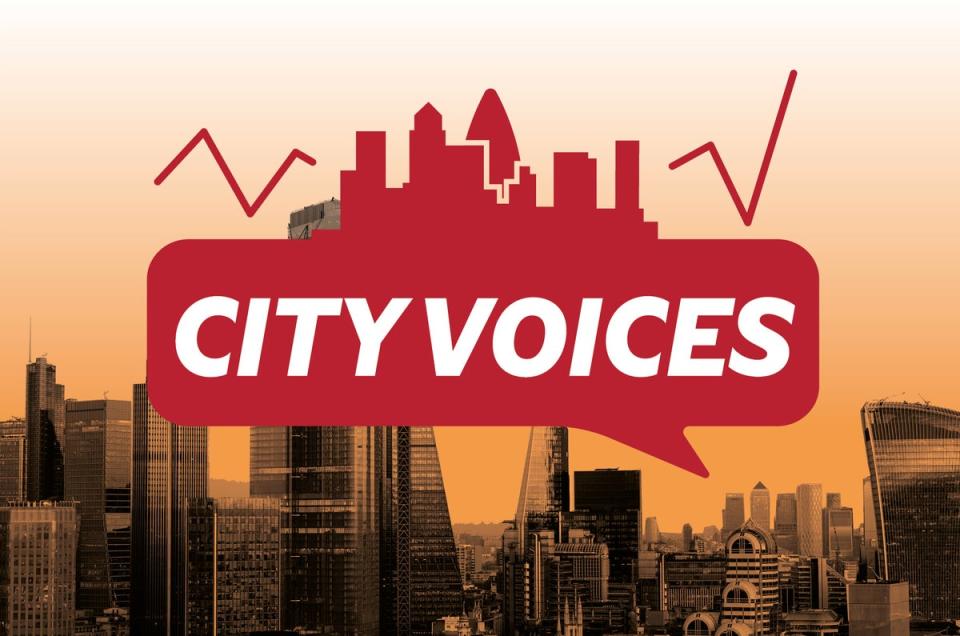The digital divide is wider than ever during the cost of living crisis

Connectivity runs through every facet of our daily lives. It connects us to loved ones, to workplaces, to essential household items. Yet 1.7 million households in the UK are still not accessing the internet. It is called the digital divide, and the cost-of-living crisis puts it at risk of growing. Government and business must address this issue, and quickly.
Research commissioned by Vodafone found that another 1 million working families are at risk of falling the wrong side of the digital divide thanks to the rising cost of living. Worryingly, we also know people rely on connectivity to make their money go further. Calculations undertaken by Development Economics using bespoke survey results from YouGov found the cost to families of being disconnected is £286 per month thanks to missing out on prices and deals online. And over one fifth of UK adults are turning to the internet more to save money during the cost-of-living crisis.
We were therefore delighted to be involved in the roundtable with Julia Lopez, Minister of State for Digital, Culture, Media and Sport , and ministers from the Department for Work and Pensions (DWP) and other telco providers last week to discuss how the industry can support customers during this challenging time.
But it worries me that the scale and true nature of the digital divide remains hidden. We are not as familiar as we should be with spotting the people at risk of digital exclusion. Nearly half of UK adults admit they arenât familiar with digital exclusion and over half are unaware of the support available to those who are disconnected. What we at Vodafone have learnt is that the digital divide is in danger of being an invisible problem.
Thatâs why Iâm proud that Vodafone has donated connectivity to 1 million people in need and has launched royalty free images with photographer Rankin to showcase the range of real people affected by digital exclusion â from working parents to those with special needs and the elderly.
But I recognise there is more work to be done. We must trial new ways to get connectivity into the hands of those who need it most, so we are piloting the âHelp through Hardshipâ phoneline. In partnership with The Trussell Trust and Citizenâs Advice, it will provide free SIMs to those struggling to afford the essentials and is part of our pledge to connect a further 4 million people by the end of 2025.
Charities like The Trussell Trust, Barnardoâs, Independent Age and The Good Things Foundation help us to deliver affordable connectivity and skills across the country. Our mobile and broadband social tariffs ensure the most vulnerable in society remain connected. And we have committed to helping 800,000 SMEs, the backbone of our economy, digitally transform with free tools and training.
But digital exclusion is incredibly complex. No one can fix it alone. We need Government, business and charities to collaborate, shining a light on the issue and identifying bespoke solutions that create meaningful, long-term change.
In an economic downturn, people and businesses will find it harder to avoid digital exclusion and, unfortunately, the digital divide does not discriminate. Collectively, the public and private sector has a responsibility to help households stay connected this winter. Connectivity is essential and everyone should have access to the opportunities it provides â particularly at a time when people can least afford to lose it.
Ahmed Essam is CEO of Vodafone UK

 Yahoo Finance
Yahoo Finance 